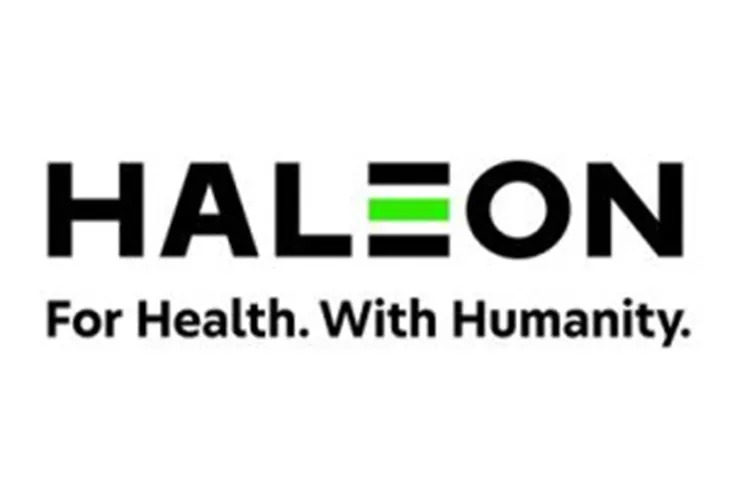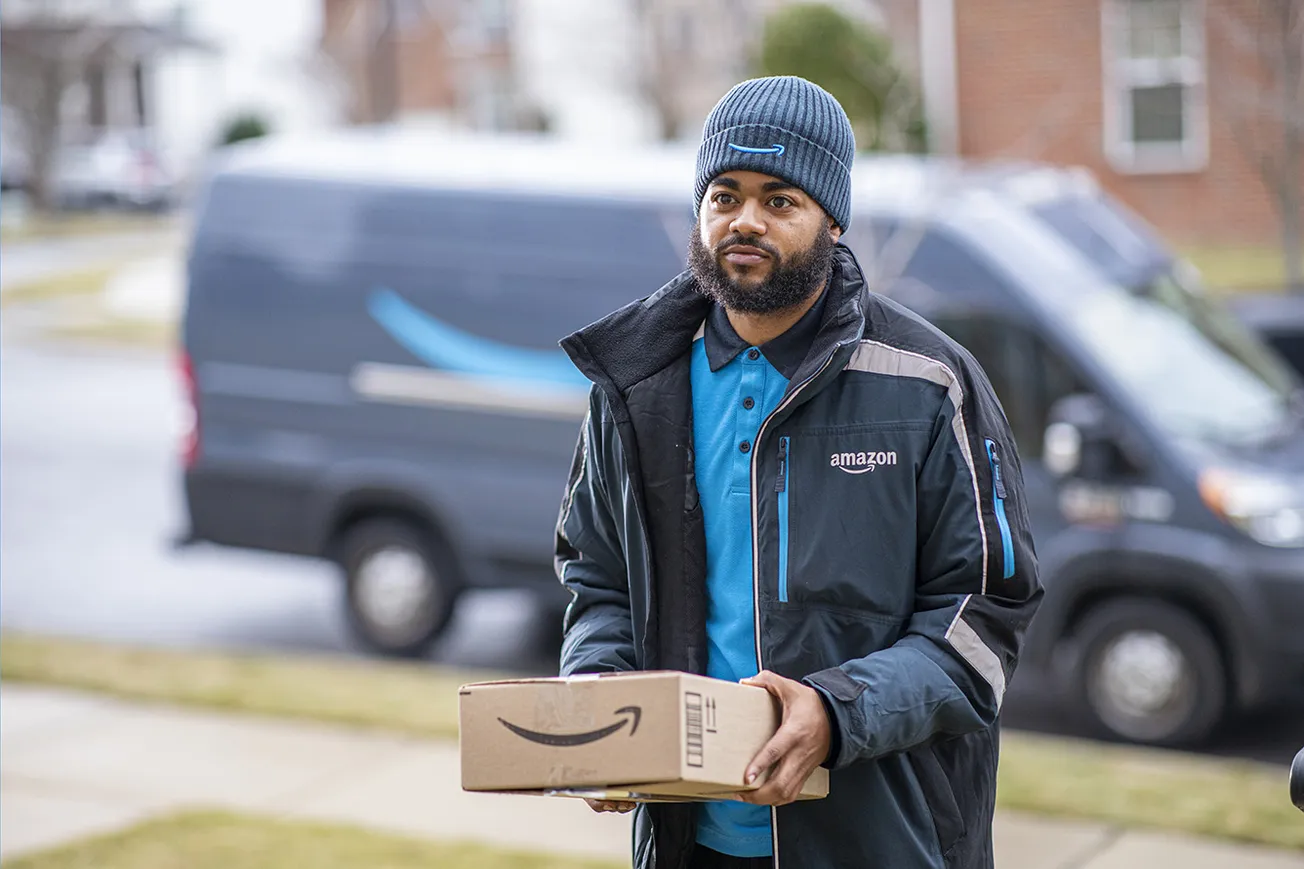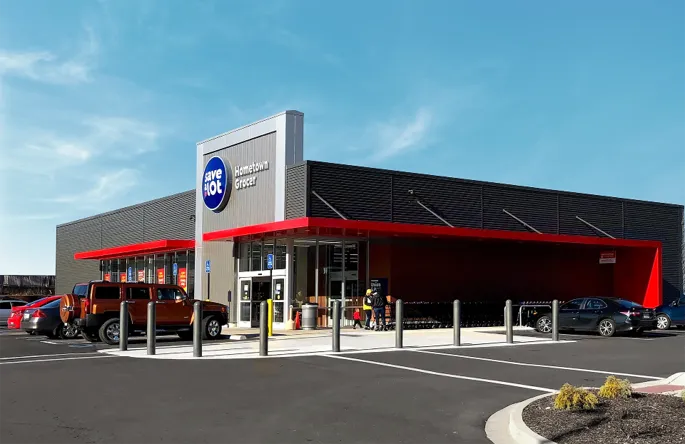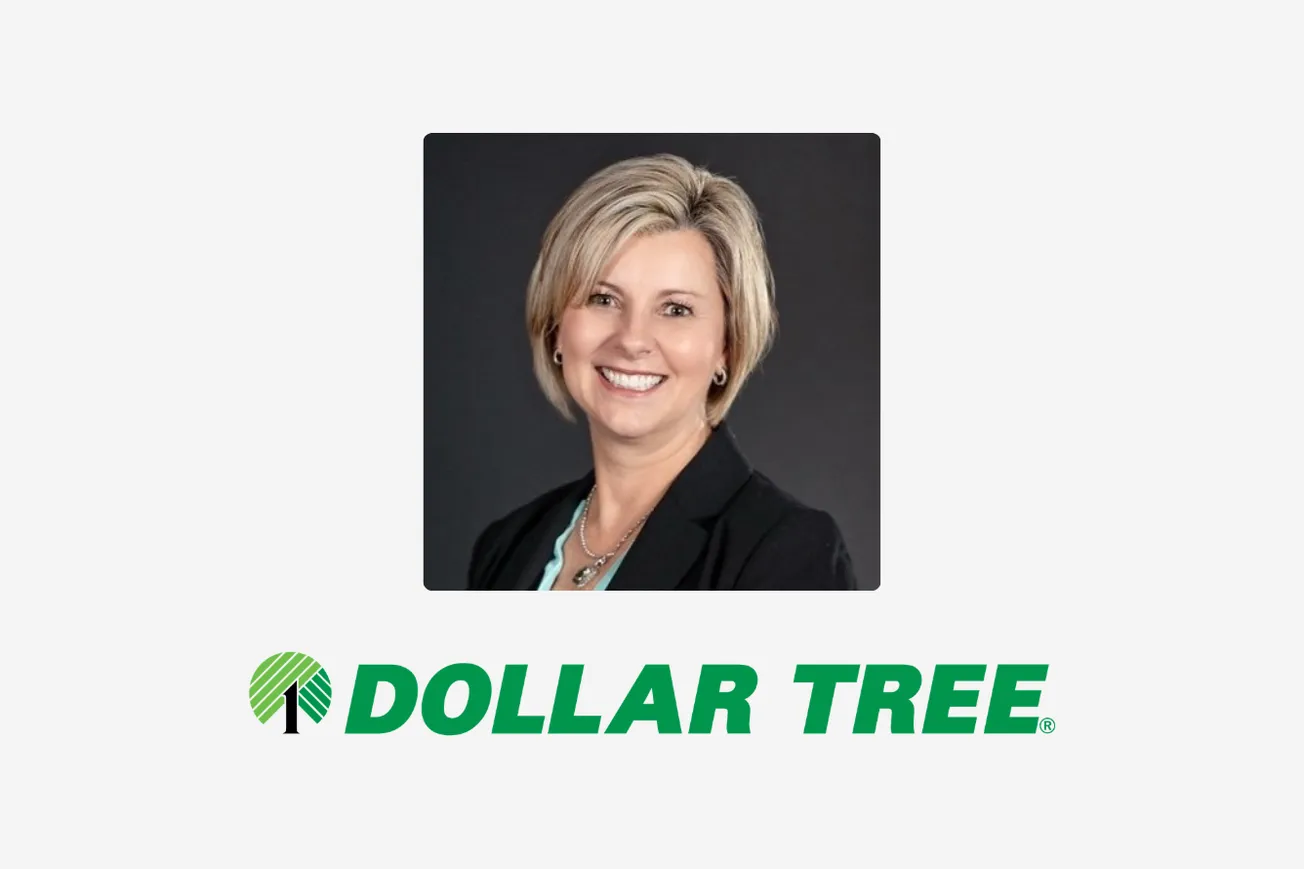WARREN, N.J. — Consumer health leader Haleon commissions first-of-its-kind global  study on health inclusivity, revealing the need for U.S. business, government, and health care providers to partner for greater health equity.
study on health inclusivity, revealing the need for U.S. business, government, and health care providers to partner for greater health equity.
- First global benchmark for measuring countries’ health inclusivity places U.S. outside of the top 10 (ranks 11th)
- Partnership from all stakeholders involved in the U.S. healthcare system – from policymakers to providers to patients – in collaboration with private sector business leaders will be critical to realizing fully accessible and inclusive care
- Haleon is investing in several efforts to enhance health inclusivity, including expanding its relationship with Rutgers University via a scholarship program for Masters’ degree candidates in the School of Public Health
According to new findings uncovered from a first-of-its kind global study intended to identify key drivers of health inequality and common barriers to adopting self-care, despite having the highest level of healthcare expenditure of all countries analyzed, the United States (U.S.) ranks at #11 outside the top 10 countries for Health Inclusivity overall.
The inaugural Health Inclusivity Index (HII) sets a new global standard for measuring health inclusivity – defined as increasing opportunities for as many people as possible to enjoy better everyday health, including marginalized groups and those discriminated against because of disability, age, race and ethnicity, gender, and sexuality. The Index has been developed to demonstrate the role that governments, policymakers and others can play to address health inequity and promote inclusion, particularly for the most marginalized and vulnerable in society.
Commissioned by Haleon, a global leader in consumer health, and created by researchers at Economist Impact, the Index evaluates 40 countries on the effectiveness and implementation of inclusive healthcare systems, processes, and policies.
U.S. findings of the Health Inclusivity Index include:
- Despite having the highest healthcare expenditure, inclusivity in the U.S. still lags. U.S. scored well on health infrastructure and workforce which proves that a foundation for inclusivity is in place. Spending more on infrastructure and resources is not enough to guarantee inclusivity in healthcare. A culture of inclusivity needs to be developed.
- Although no universal healthcare scheme exists, nearly all Americans have health insurance and policies exist to ensure access for vulnerable groups – but many don’t believe care is affordable.
- Patient information to support self-care is available, but health literacy in the U.S. lags, lessening the effectiveness of such information. According to the CDC, nearly 9 in 10 adults struggle to understand and use personal and public health information when it’s filled with unfamiliar or complex terms – resulting in increased costs for the nation’s healthcare system.
- The U.S. is behind other leading nations for Public/Community in policy development. To improve health inclusivity, individuals and communities need to be provided with the power and the tools to truly take their health into their own hands. Policy makers need to involve communities in shaping the future.
It is evident that health inclusivity and accessibility in the U.S. requires partnership from traditional stakeholders — including policymakers and healthcare providers — in collaboration with private sector business leaders. This social contract is key to facilitating equitable access, personal agency, and supportive health resources needed for individuals to make informed health decisions.
Foundational to this new role and responsibility, businesses must embed health inclusivity – equitable access and full and meaningful participation – into their business culture and operations in order to sustainably promote and protect population health.
As a consumer healthcare company, Haleon has an important role in improving access to quality care thanks to its category-leading over the counter (OTC) products. In addition to approximately $146 billion in cost savings as compared to alternatives such as prescription drugs and clinical visits, OTC medicines provide value to the American healthcare system through expanded access to treatment. OTC medicine increases treatment access to over 27 million consumers.
Lisa Paley, president, North America, Haleon said “the health industry must embed the concept of health inclusivity into culture and business operations, ensuring everyday health is more accessible for more Americans. As a global leader in delivering everyday health, Haleon can help take the Health Inclusivity Index data even further to understand what health inclusivity looks like in real terms, for real people within their communities. We are committed to breaking down barriers to access including with our partnerships across retail, technology, non-profit, and academia, such as the Rutgers School of Public Health.”
Haleon has forged several community-based initiatives and partnerships to empower communities in health decision-making. For example, Haleon is expanding its relationship with Rutgers School of Public Health, through a scholarship program supporting rising public health practitioners working to dismantle barriers to healthcare access and literacy such as those surfaced in the Health Inclusivity Index. Haleon’s commitment to delivering everyday health with humanity and breaking down the barriers to access continues through other partnerships that help make healthcare more achievable and inclusive:
- Haleon and Microsoft have collaborated to expand functionality in the Microsoft Seeing AI app to provide detailed audio labelling information for people who are blind or partially sighted for over 1,500 Haleon products. Developed by a team of Microsoft engineers spearheaded by Saqib Shaikh who lost his sight at the age of seven, the Seeing AI is a free mobile app designed to narrate the world for those in need.
- Haleon has partnered with Ciudad Retail Services, to launch the ‘Back to the City’ campaign, to bring Haleon’s iconic portfolio of products to locally owned supermarkets and convenience stores in cities — beginning with New York — ensuring that underserved consumers have access to over-the-counter healthcare products.
- Haleon launched the All for Wellness platform supported by Target®, which helped bring free medical, dental, and vision clinics to those who needed them the most in partnership with Remote Area Medical (RAM). The program was brought to life in Target and on Target.com, with a call to action to have guests support RAM through a broad range of Haleon products.
- In partnership with the Walmart Coalition for Healthy Living, Haleon is participating in the Consumer Goods Forum 10-week Holistic Wellness Pilot Program whereby Haleon will be alongside Walmart, empowering shoppers to take a more proactive approach to their personal health & wellness across Pain, Wellness, Oral Care, and Digestive Health Brands.
Dr. Perry N. Halkitis, Dean and professor of Biostatistics and Urban-Global Public Health at the School of Public Health at Rutgers University, added ‘”the work of Haleon and Economist Impact’s Health Inclusivity Index aligns with the tenets of social justice and health equity that define the Rutgers School of Public Health. As one of the leading Public Health programs in the country, we’re proud to be working with one of the world’s first and largest standalone consumer health companies to launch the Index, and we’re thrilled to continue to build our relationship with Haleon through this scholarship program for our Master of Public Health Students.
A core focus of the curriculum for this new generation of public health practitioners will be learning how to advocate for public health to sit alongside medicine and other healthcare disciplines as an equal partner, address the barriers, such as those highlighted in the Index, and challenge the biases experienced by too many marginalized populations that prevent people from accessing vital, affordable, and culturally competent patient-centric care.”
Haleon will be convening a conversation on November 15, 2022, in Newark, NJ between key stakeholders to explore the real-world barriers Americans face in achieving better health and how these organizations are taking action to dismantle those barriers.










